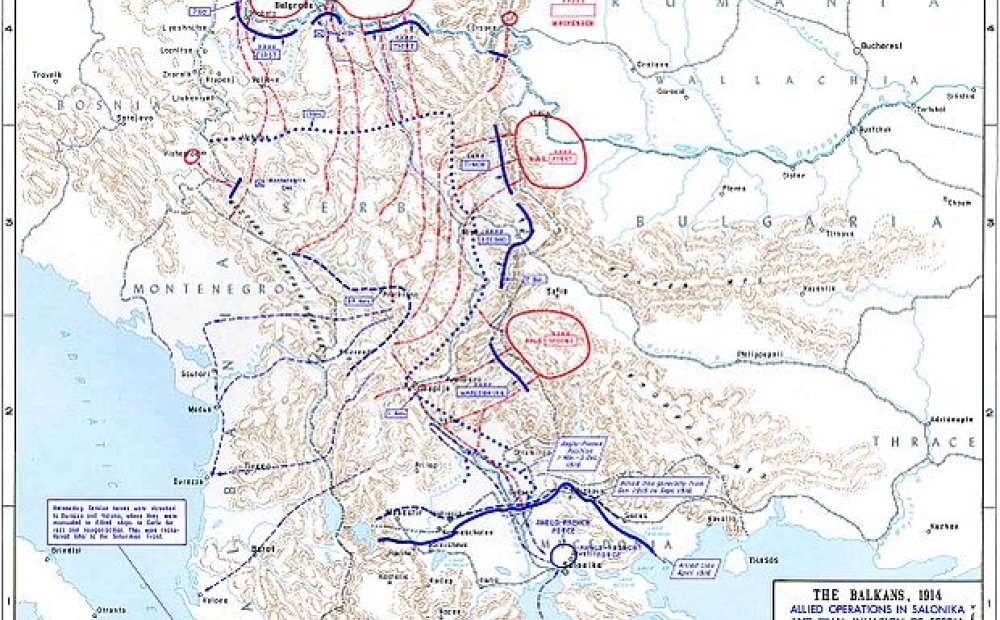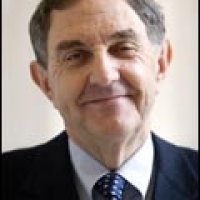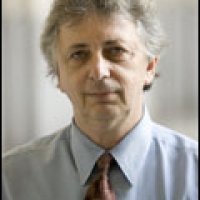From Sarajevo, 1914 to Southeastern Europe, 2014: Wars, Transitions and Controversies

In Balkans into Southeastern Europe, 1914-2014, A Century of War and Transition (Palgrave, 2014), John Lampe revises and expands his 2006 volume to reconsider the region's full century since the assassination in Sarajevo and the Great War that followed. Drawing on recent scholarship and addressing recent controversies, he traces the saga of Southeastern Europe from the explosive mixture of Balkan states and imperial borderlands before the First World War, through the trials that their successors faced during two world wars, the Cold War, and finally the wars of Yugoslavia's dissolution. His fresh look at the full century since 1914 connects these wartime decades to the postwar transitions that followed, finding their main features, for good or ill, distinctly European. Lampe argues that not only the destructive ethnic nationalism and authoritarian regimes of the 1990s, but also the more recent rise of political pluralism and liberal market reforms, both now challenged since the 2008 financial crisis, have their roots.
Speakers

Professor Emeritus, Department of History, University of Maryland, College Park

Hosted By

Global Europe Program
The Global Europe Program is focused on Europe’s capabilities, and how it engages on critical global issues. We investigate European approaches to critical global issues. We examine Europe’s relations with Russia and Eurasia, China and the Indo-Pacific, the Middle East and Africa. Our initiatives include “Ukraine in Europe”—an examination of what it will take to make Ukraine’s European future a reality. But we also examine the role of NATO, the European Union and the OSCE, Europe’s energy security, transatlantic trade disputes, and challenges to democracy. The Global Europe Program’s staff, scholars-in-residence, and Global Fellows participate in seminars, policy study groups, and international conferences to provide analytical recommendations to policy makers and the media. Read more
